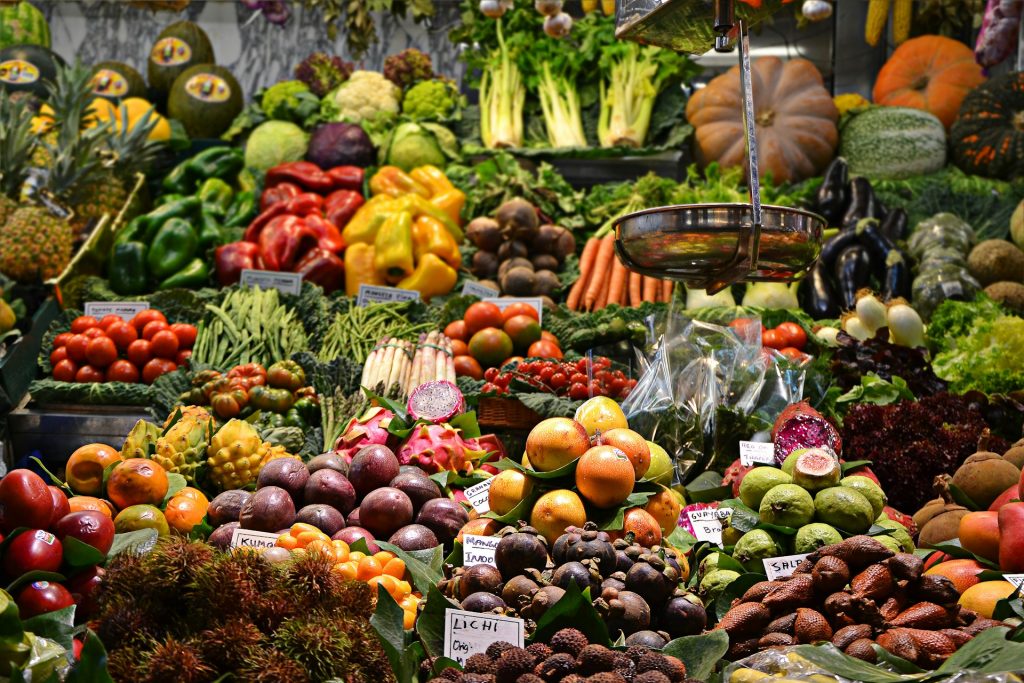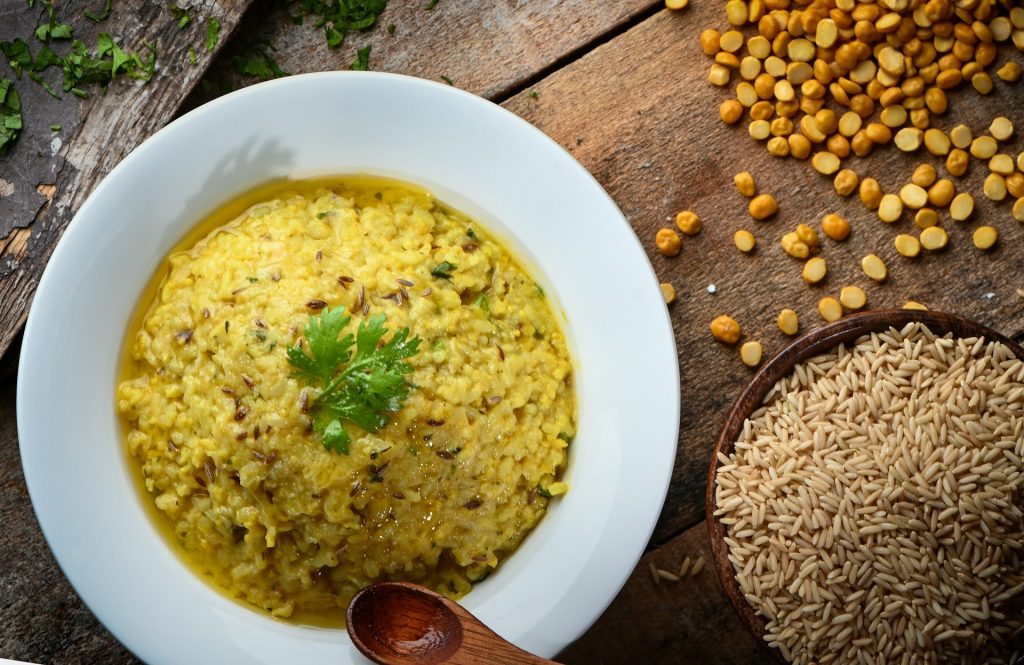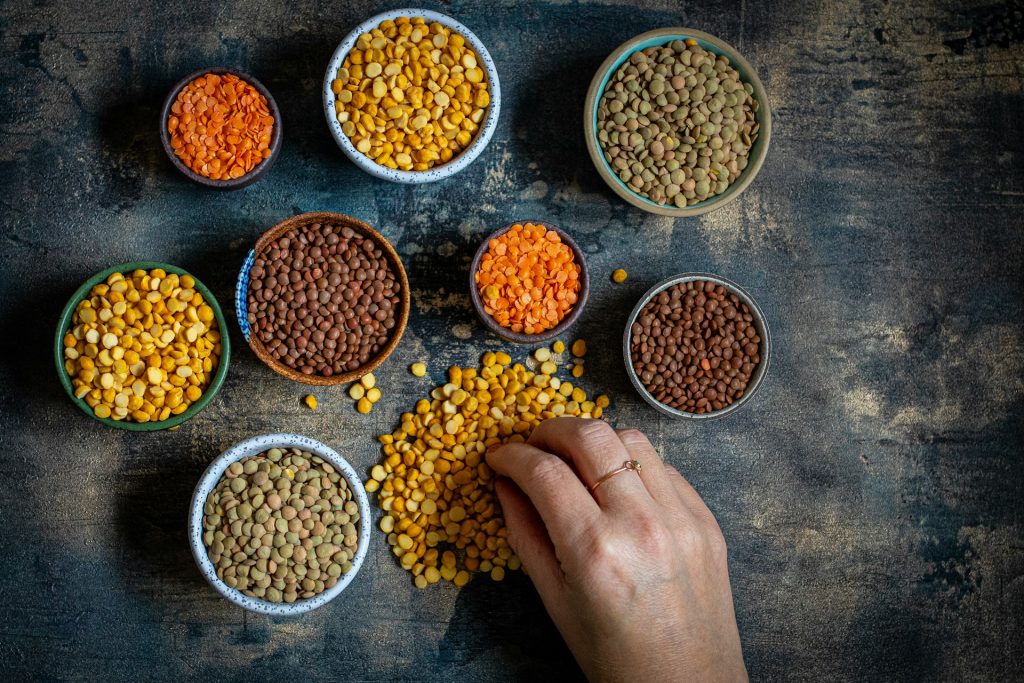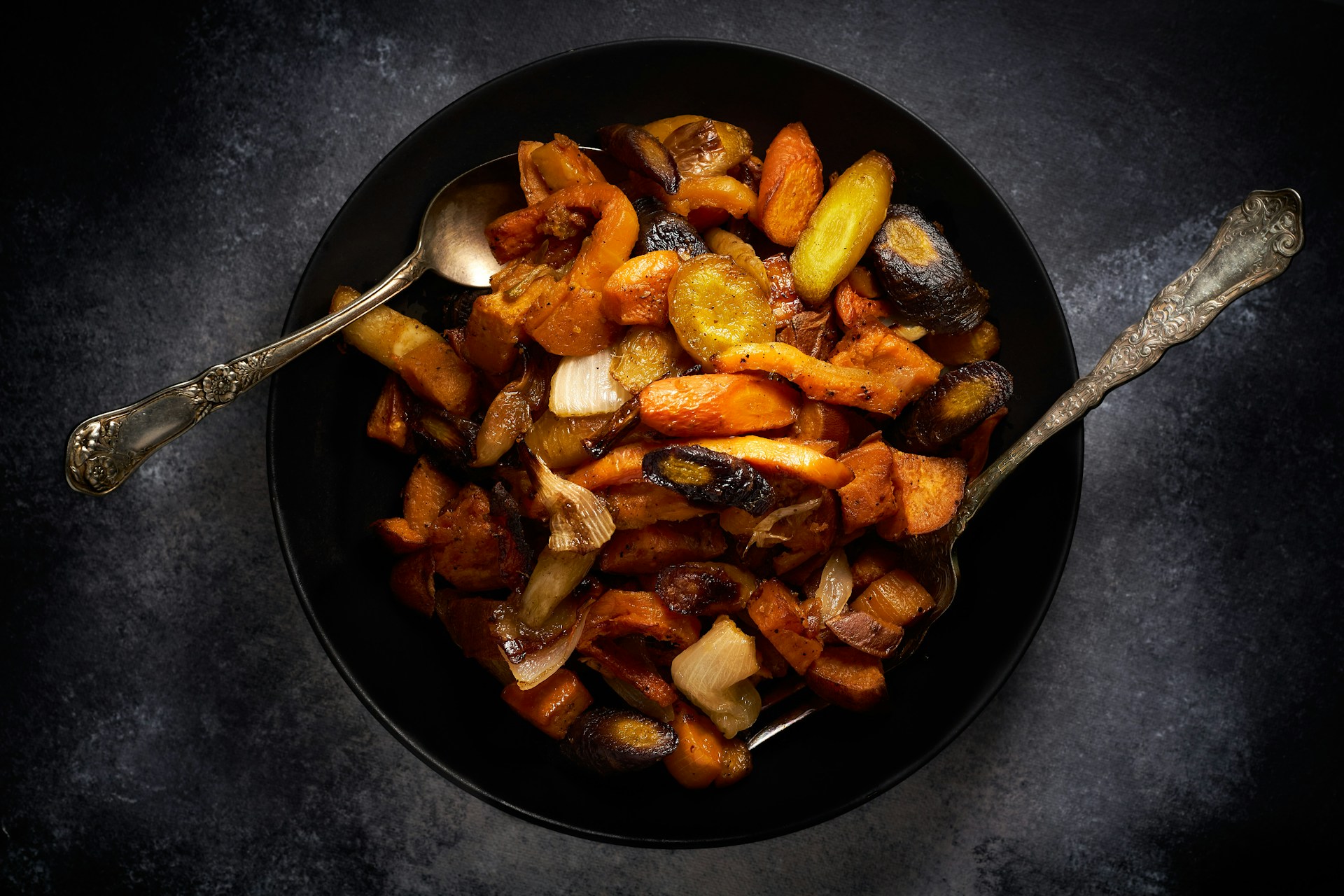As an athlete, protein is essential for muscle repair, recovery, and growth. While many people associate protein with meat, it’s entirely possible—and even beneficial—to fuel your workouts with plant-based sources. Here’s how athletes can ensure they get enough high-quality protein while maintaining energy and performance, all without consuming meat.

Why Choose Plant-Based Proteins?
A plant-based diet offers several health advantages for athletes. Research shows that plant proteins can lower inflammation, support cardiovascular health, and provide essential nutrients like fiber, vitamins, and minerals. Moreover, plant-based diets are linked to faster recovery times and reduced risk of chronic diseases.
Top Plant-Based Protein Sources for Athletes
- Legumes (Beans, Lentils, Chickpeas)
- Protein content: 15-18g per cup (cooked)
- Beans and lentils are high in protein and fiber, promoting satiety and energy. They’re also rich in iron and magnesium, which are critical for energy production during workouts.
- Quinoa
- Protein content: 8g per cup (cooked)
- A complete protein, quinoa contains all nine essential amino acids. It’s also a great source of complex carbohydrates, making it a perfect pre- or post-workout meal for sustained energy.
- Tofu and Tempeh
- Protein content: 15-20g per 100g
- Made from soybeans, tofu and tempeh are versatile, high-protein foods that can easily be incorporated into various meals. Tempeh, being fermented, also supports gut health, which is essential for digestion and nutrient absorption.
- Hemp Seeds
- Protein content: 10g per 3 tablespoons
- Hemp seeds are rich in omega-3 fatty acids and offer a complete amino acid profile, making them ideal for muscle recovery. Sprinkle them on smoothies, salads, or oatmeal for a protein boost.
- Chia Seeds
- Protein content: 5g per 2 tablespoons
- Chia seeds are a powerhouse of protein, fiber, and omega-3s. They are excellent for hydration, as they absorb water, helping athletes maintain electrolyte balance during intense workouts.
- Edamame
- Protein content: 18g per cup (cooked)
- These young soybeans are high in protein and rich in antioxidants, which can aid in recovery by reducing oxidative stress and inflammation post-exercise.
- Pea Protein
- Protein content: 15-20g per scoop (in powder form)
- Popular in plant-based protein powders, pea protein is hypoallergenic and easily digestible. It’s a fantastic addition to post-workout shakes, providing a quick source of protein for muscle repair.

How to Meet Your Protein Needs on a Plant-Based Diet
For athletes, protein needs vary depending on the intensity of training. The general recommendation is between 1.2 to 2.0 grams of protein per kilogram of body weight. Here’s how you can easily meet that requirement on a plant-based diet:
- Combine Different Protein Sources: Mix legumes with grains (e.g., lentils and rice) to create a complete protein, ensuring you get all essential amino acids in one meal.
- Eat Frequent, Protein-Rich Meals: Space out your protein intake throughout the day by incorporating protein-rich snacks like hummus, trail mix with seeds, or nut butter with fruits.
- Use Plant-Based Protein Powders: Supplementing with pea, hemp, or brown rice protein powders can help athletes hit their protein targets, especially after intense workouts when quick digestion is key.

Benefits of Going Meat-Free as an Athlete
- Reduced Inflammation: Plant-based foods are high in antioxidants, which help reduce inflammation caused by strenuous exercise, leading to faster recovery times.
- Improved Cardiovascular Health: A diet rich in fruits, vegetables, and whole grains supports heart health, improving endurance and overall performance.
- Enhanced Digestion and Absorption: The fiber content in plant-based diets supports digestive health, ensuring athletes can absorb the nutrients they need more efficiently.
Example Meal Plan for Plant-Based Athletes
- Breakfast: Quinoa porridge with almond butter, chia seeds, and berries.
- Snack: Edamame and hummus with carrots.
- Lunch: Tofu stir-fry with mixed vegetables and brown rice.
- Snack: Smoothie with pea protein powder, spinach, and banana.
- Dinner: Lentil curry with sweet potatoes and steamed broccoli.
- Post-Workout Snack: Protein bar made with hemp seeds, oats, and dates.
Conclusion: Powering Your Workouts Without Meat
With a well-planned diet, athletes can meet their protein needs, boost performance, and improve recovery entirely with plant-based sources. Incorporating a variety of protein-rich foods like legumes, seeds, and plant-based powders can help ensure you get the amino acids and nutrients required to excel in your athletic endeavors.




Eco-Friendly Eating: Simple Tips For A More Sustainable Diet - Your Simplified Health
October 5, 2024 at 8:00 pm[…] Fruits, Vegetables, Legumes, and Whole Grains: A plant-centric diet is not only beneficial for personal health but also has a lower carbon footprint compared to diets rich in animal products. Incorporate more fruits, vegetables, legumes, nuts, and whole grains to enhance your diet’s sustainability. Start small by adding one or two plant-based meals into your week and gradually increasing as you feel comfortable. […]